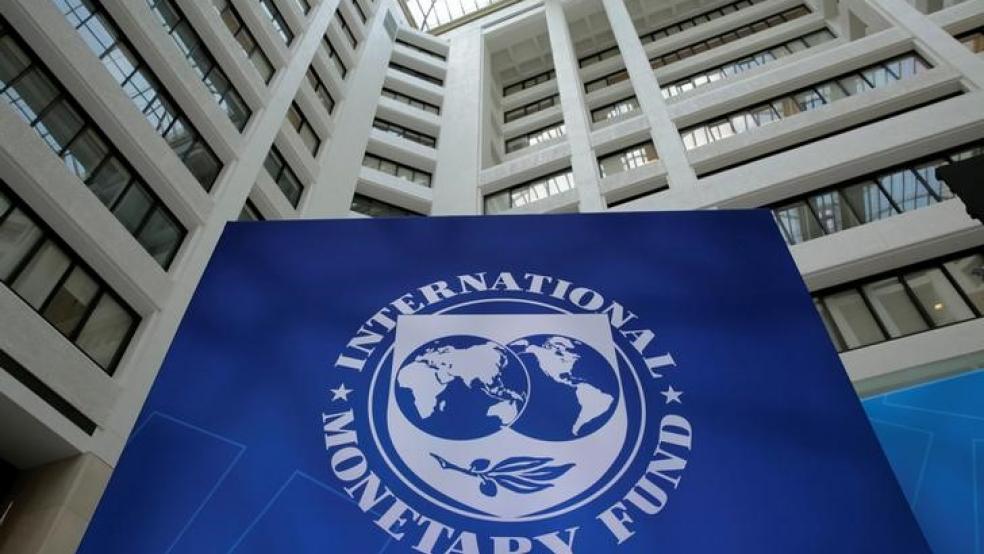WASHINGTON (Reuters) - Swiss National Bank Chairman Thomas Jordan said on Saturday global finance leaders are supportive of his view that the Swiss franc remains significantly overvalued and that negative interest rates and interventions are necessary to keep it in check.
Jordan told a news conference that the bank's monetary policies were viewed as "warranted" during meetings of the International Monetary Fund, World Bank and Group of 20 major economies here. "It's recognized by everybody that the Swiss franc is still significantly overvalued and poses a difficult situation for Switzerland," he said.Jordan said he gave a "positive review" to the meetings about the central bank's current benchmark rate of negative 0.75 percent, as it has helped to stem capital inflows into Switzerland, taking some pressure off the country's economy.Although there are limits to how low rates can go and how long low rates can be used as a policy tool, he said Swiss rates are not yet at a tipping point."In the case of Switzerland we have not reached this limit yet so we still have some room to use this instrument left," he added.Jordan said that the central bank does not target specific currencies when deciding to intervene, but looks at the "currency situation altogether".The SNB chairman said he thought the dollar would likely rebound when it becomes clearer that U.S. economic fundamentals are continuing to improve. The dollar's fall in recent weeks was a function of market expectations that U.S. rate hikes will come more slowly."If you look at indicators, we are hopeful that (solid U.S. growth) will continue and over time, stabilize the currency situation. The dollar could then gain vis-a-vis the euro and Swiss franc," he said.In a separate interview with Reuters, Jordan said there was little talk about warring currency policies at the IMF, World Bank and G20 meetings this week and no dissent over pledges to avoid targeting exchange rates for export advantage."There was not a really big discussion about currency wars. That was not something at the center of the multilateral meetings," Jordan said. "It's clear that it does not make any sense to (gain) a competitive advantage by lowering the value of (ones) own currency." (Reporting by David Lawder and Leika Kihara; Editing by Andrea Ricci)SNB's Jordan: finance chiefs support Swiss negative rates

YURI GRIPAS



